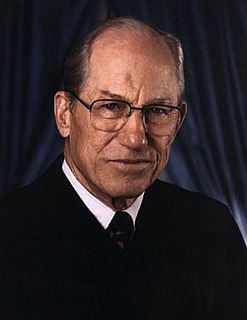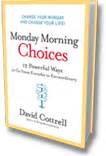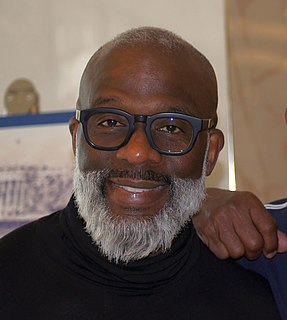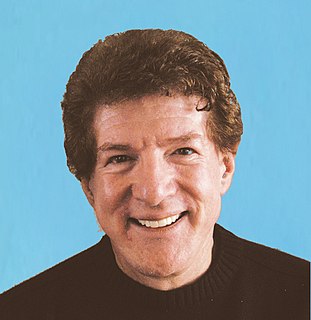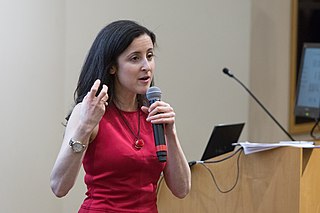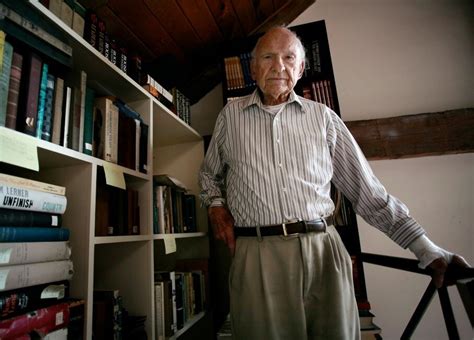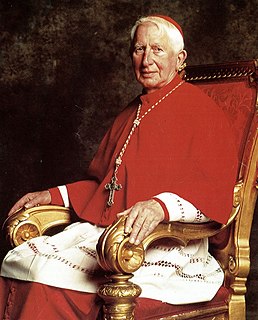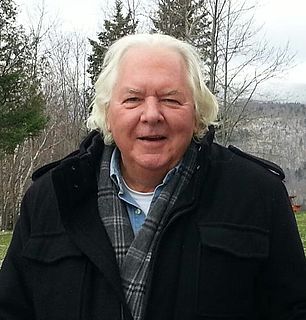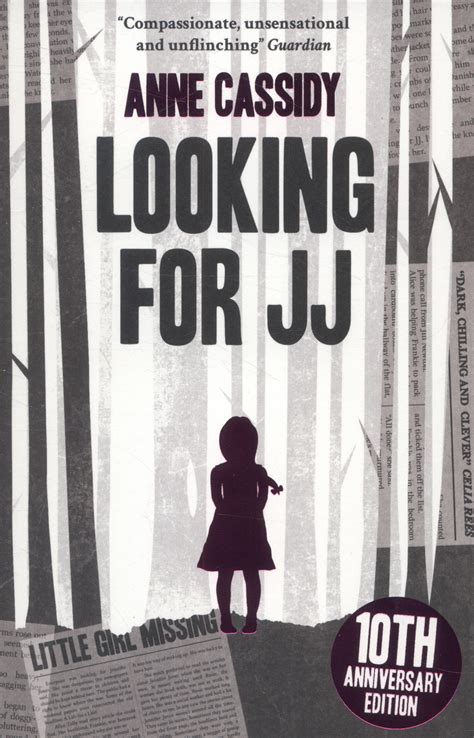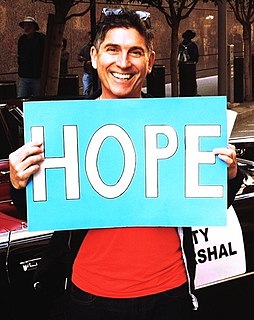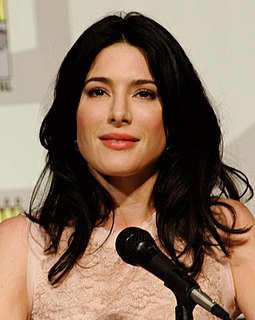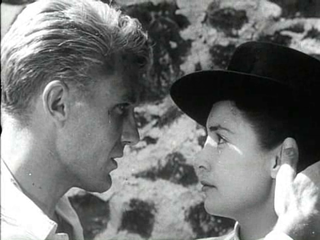Top 1200 Moral Choices Quotes & Sayings
Explore popular Moral Choices quotes.
Last updated on April 20, 2025.
If I were to speak your kind of language, I would say that man's only moral commandment is: Thou shalt think.
But a 'moral commandment' is a contradiction in terms. The moral is the chosen, not the forced; the understood, not the obeyed.
The moral is the rational, and reason accepts no commandments.
A chess master can keep track of more choices than the number of stars in the galaxy within an instant, but these are people that have truly learned and mastered the choices that they have and how to deal with those choices over a very, very long period of training, so essentially what they're really doing is ruling out all the irrelevant choices and only zeroing in on the most relevant, useful choices at the moment.
In this life we have to make many choices. Some are very important choices. Some are not. Many of our choices are between good and evil. The choices we make, however, determine to a large extent our happiness or our unhappiness, because we have to live with the consequences of our choices. Making perfect choices all of the time is not possible. It just doesn't happen. But it is possible to make good choices we can live with and grow from.
What I want to talk to you about today is the difference between gifts and choices. Cleverness is a gift, kindness is a choice. Gifts are easy - they’re given after all. Choices can be hard. You can seduce yourself with your gifts if you’re not careful, and if you do, it’ll probably be to the detriment of your choices.
The way you activate the seeds of your creation is by making choices about the results you want to create. When you make a choice, you mobilize vast human energies and resources which otherwise go untapped. All too often people fail to focus their choices upon results and therefore their choices are ineffective. If you limit your choices only to what seems possible of reasonable, you disconnect yourself from what you truly want, and all that is left is a compromise.
"Teachers"... treat students neither coercively nor instrumentally but as joint seekers of truth and of mutual actualization. They help students define moral values not by imposing their own moralities on them but by positing situations that pose hard moral choices and then encouraging conflict and debate. They seek to help students rise to higher stages of moral reasoning and hence to higher levels of principled judgment.
Let's just call things what they are. When a man's love of finery clouds his moral judgment, that is vanity. When he lets a demanding palate make his moral choices, that is gluttony. When he ascribes the divine will to his own whims, that is pride. And when he gets angry at being reminded of animal suffering that his own daily choices might help avoid, that is moral cowardice.
When you say there's too much evil in this world you assume there's good. When you assume there's good, you assume there's such a thing as a moral law on the basis of which to differentiate between good and evil. But if you assume a moral law, you must posit a moral Law Giver, but that's Who you're trying to disprove and not prove. Because if there's no moral Law Giver, there's no moral law. If there's no moral law, there's no good. If there's no good, there's no evil. What is your question?
A well-chosen complication should give you choices. Juggling choices for your characters is what makes writing fun, after all. If you discover that you're struggling more than you ought to with a draft, perhaps you've run out of interesting choices, or have given yourself too few choices to begin with. Go back to the complication, fatten it up, and start over.
Sometimes, when you grow up in one of these poverty-stricken neighborhoods where the educational system isn't the best, you don't realize that you have any choices. Often, kids don't appreciate the choices available, as if it's either the street or nothing. I want them to understand that reality is what's relative to you, and that you can make choices that allow you to create a new reality for yourself.
Yeah, we could have done things differently. But - If we'd done things differently, we wouldn't be who we are. We are the sum of the choices we make. Even the bad choices we make. I made a lot of bad choices, but on the other hand, I am who I am, and I'm proud of my work, and I'm proud of my family, and those are also the product of choices, including financial choices, that I made.
Once you accept the fact that people have 'individual choices' and they're 'free' to make those choices. Free to make choices means without being influenced and I can't understand that at all. All of us are influenced in all our choices by the culture we live in, by our parents, and by the values that dominate. So, we're influenced. So there can't be free choices.
Moral Injury is differentiated from PTSD in that it directly relates to guilt and shame veterans experience as a result of committing actions that go against their moral codes. Therapists who study and treat moral injury have found that no amount of medication can relieve the pain of trying to live with these moral burdens.
"Judge not, that ye be not judge"... is an abdication of moral responsibility: it is a moral blank check one gives to others in exchange for a moral blank check one expects for oneself. There is no escape from the fact that men have to make choices; so long as men have to make choices, there is no escape from moral values; so long as moral values are at stake, no moral neutrality is possible. To abstain from condemning a torturer, is to become an accesory to the torture and murder of his victims. The moral principle to adopt... is: "Judge, and be prepared to be judged."
